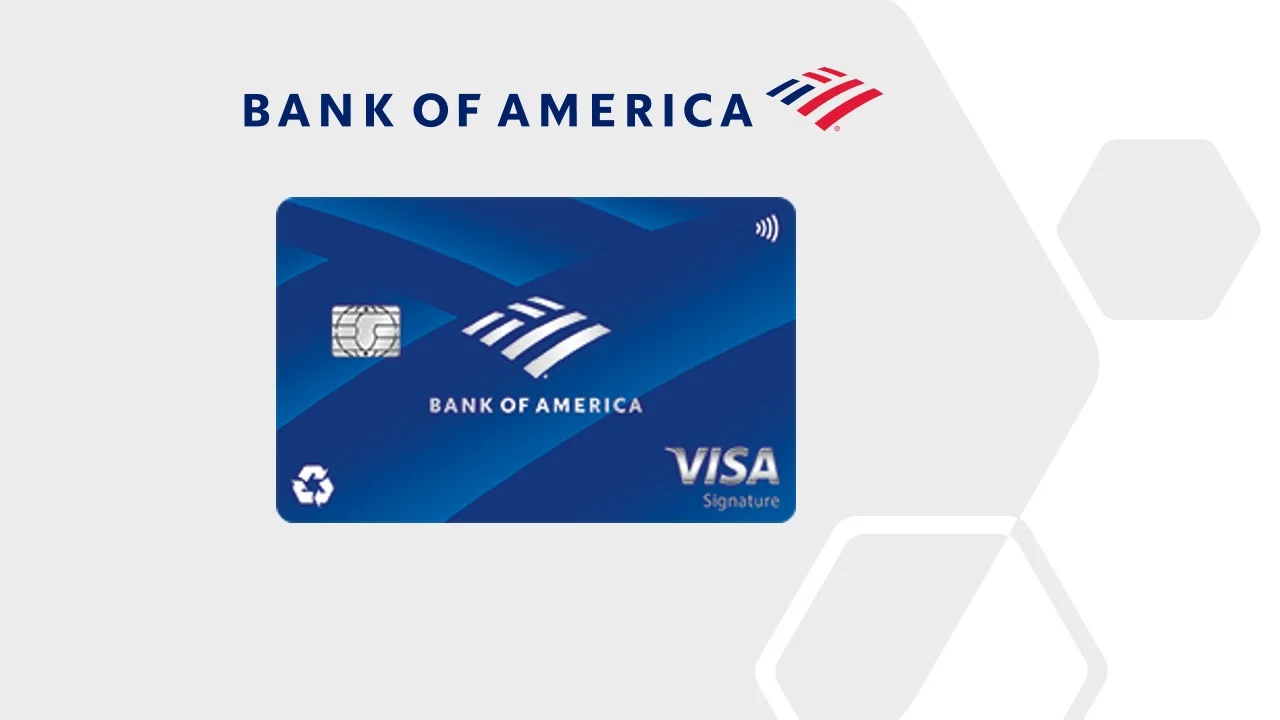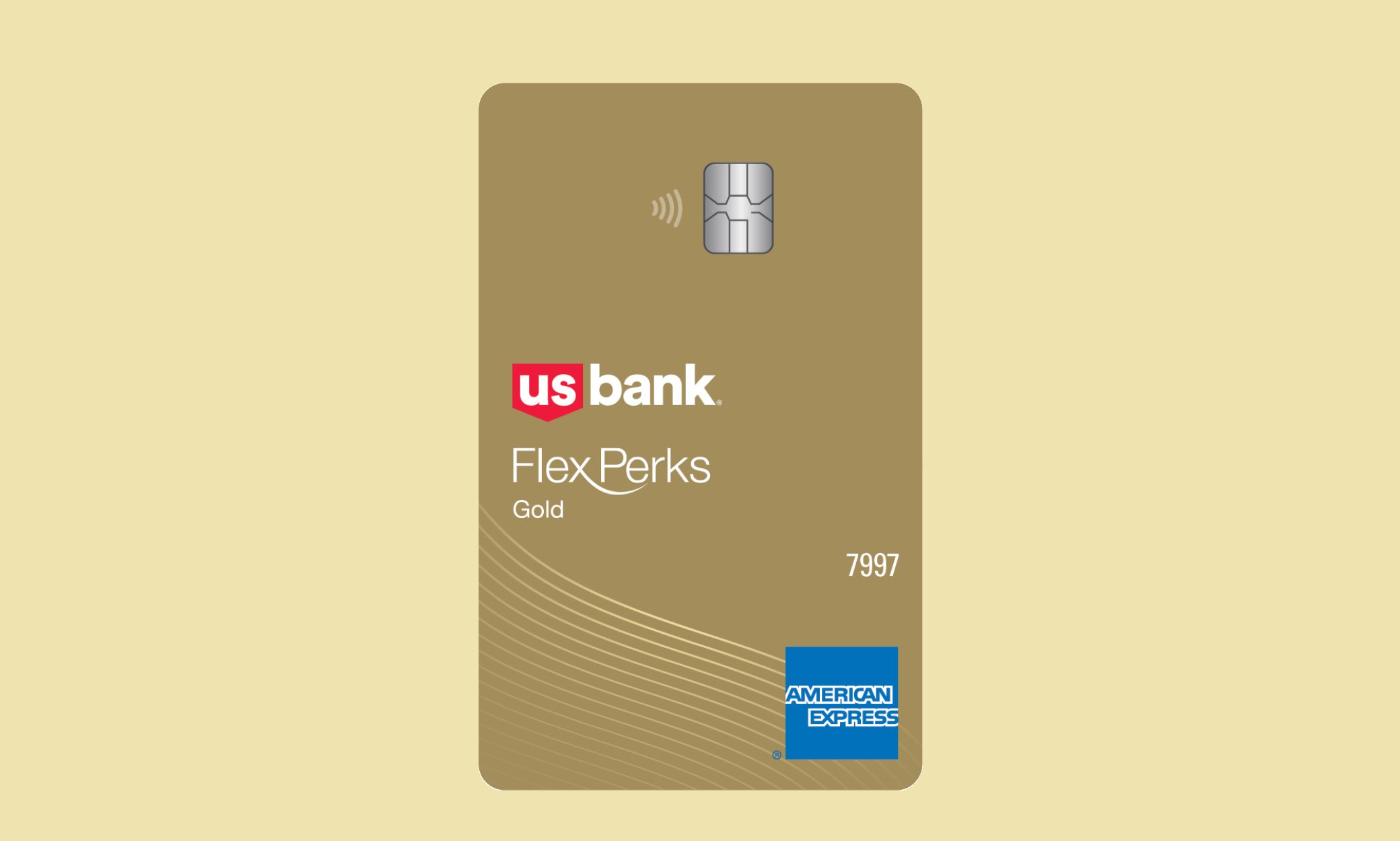The importance of paying the credit card balance in full

Understanding Credit Card Balances
Many people use credit cards for everyday purchases, but few fully grasp the implications of their balances. It’s crucial to understand that paying the credit card balance in full each month can significantly impact your financial health. When managed wisely, credit cards can be a powerful tool, but they can also lead to debt if not properly understood.
The Importance of Paying in Full
One of the primary benefits of paying off your credit card balance every month is that it helps build a positive credit history. This is critical because your credit history determines your credit score, which lenders use to evaluate your creditworthiness. A higher credit score can result in better deals on loans, mortgages, and even insurance. For example, if you apply for a car loan, a higher credit score may offer you lower interest rates, thus saving you thousands over the duration of the loan.
- It helps build a positive credit history.
- It avoids high-interest charges that can accumulate.
- It keeps your debt-to-income ratio in check, which is important for loans.
Moreover, by maintaining a zero balance, you avoid high-interest rates that can quickly inflate your payments. For instance, consider a credit card with a 20% annual percentage rate (APR). If you carry a balance of $1,000 and only make the minimum payment each month, you could end up paying much more than the original purchase price over time.
When you carry a balance from month to month, you’re not just spending money; you’re also accumulating interest, which can snowball and lead to unmanageable debt. This situation often results in consumers only paying off the interest, leaving the principal amount owed to linger longer than necessary.
Consequences of Unpaid Balances
Understanding the consequences of unpaid credit card balances can help you make better financial decisions. By making timely payments, you can:
- Enhance your credit score.
- Gain better interest rates on future loans.
- Enjoy peace of mind knowing you’re not in debt.
For example, consider Jane, who consistently pays her credit card bill in full each month. Her responsible habits have resulted in a high credit score, allowing her to secure a mortgage with a favorable interest rate. In contrast, her friend, Mark, tends to carry a balance, which causes his credit score to drop. When he eventually tries to buy a home, he faces higher rates, which could cost him significantly over the term of the loan.
In conclusion, being proactive about your credit card payments is not just about avoiding debt; it’s also about setting the groundwork for a stable financial future. By appreciating the value of paying your credit card balance in full, you’re not just mitigating risks; you’re actively enhancing your financial prospects.
Benefits of Paying Off Your Credit Card Balance
Understanding the benefits of paying off your credit card balance in full each month can drastically improve your financial well-being. When you pay off your balance, you not only save money, but you also cultivate healthy financial habits that can serve you well throughout life. Here are some key advantages to consider:
- Preventing Accumulation of Debt: By paying your balance each month, you avoid accumulating debt that can spiral out of control. When you carry a balance, interest accumulates, and that can lead to a situation where you are only making minimum payments. This often results in paying much more than you initially charged and can take years to pay off the debt entirely.
- Minimizing Interest Payments: The longer you carry a balance on your credit card, the more you will pay in interest. For example, if your credit card has an APR of 18% and you have a $1,500 balance, skipping payments can cost you over $270 in interest alone within a year. By paying your balance in full, you effectively eliminate these unnecessary costs.
- Boosting Financial Confidence: There’s a certain peace of mind that comes with knowing you’re in control of your finances. Paying off your credit card in full each month can lead to a greater sense of financial security. You won’t have to worry about the stress of overdue payments or accumulating interest that can affect your financial future.
Furthermore, managing your credit card payments responsibly can help you create a budget that aligns with your income and expenses. By setting aside funds each month specifically for credit card payments, you can ensure that you have the financial resources ready to meet this obligation without sacrificing your other needs. This disciplined approach can lead to a balanced budget and ultimately to a healthier financial life.
Long-Term Financial Implications
The implications of consistently paying your credit card balance in full can extend beyond merely avoiding interest. For instance, your credit utilization ratio— the amount of credit you’re using compared to your total available credit—is a significant factor in determining your credit score. Keeping your credit utilization below 30% is generally recommended; however, paying in full keeps it at zero, which could positively affect your score even further.
Additionally, credit card issuers may reward good payment habits with increased credit limits or better interest rates, particularly if consistently paying in full allows you to maintain a solid credit score. This can provide you with more financial flexibility and options in the future, such as qualifying for loans or obtaining favorable terms on other credit-based accounts.
In summary, paying your credit card balance in full each month is not just about avoiding fees; it’s about laying a foundation for financial success. By preventing debt accumulation, minimizing interest payments, and boosting your overall financial confidence, you set yourself on a path toward smart financial management and long-term prosperity.
Avoiding the Pitfalls of Credit Mismanagement
While the benefits of paying off your credit card balance in full are significant, it’s essential also to consider the pitfalls you can avoid by maintaining this discipline. Not paying your balance could lead to situations that not only affect your financial health but could also impact other areas of your life. Here are some critical dangers associated with carrying a credit card balance:
- Damage to Your Credit Score: One of the most immediate risks of carrying a balance on your credit card is the potential damage to your credit score. The credit scoring model takes into account not only your payment history but also your credit utilization. If you consistently carry a high balance, it could increase your debt-to-income ratio and negatively influence lenders’ perceptions of you. A lower credit score can impact your ability to secure loans for big purchases, such as a home or car, and may even affect your insurance rates.
- Increased Stress and Anxiety: Managing debt can be stressful and can weigh heavily on your mental well-being. The uncertainty of when or how your debt will be paid off can lead to anxiety about your financial future. By staying vigilant and paying off your credit card each month, you can alleviate this burden, allowing you to focus on other important aspects of your life.
- Potential for Over-Spending: Having a credit card can sometimes create a false sense of financial security. When individuals rely on their credit cards to stretch their budgets, it may lead to spending beyond their means. Paying off your balance in full each month enforces discipline in your spending habits, encouraging you to think carefully about each purchase.
The psychological impact of regularly clearing your credit card balance can also play a vital role in how you perceive money. Developing a mindset that associates credit cards with responsible spending rather than a means to access extra cash can lead to healthier financial behaviors. For instance, using cash or a debit card for daily expenses can serve as a tangible reminder of your available funds, helping to curb impulsive spending habits often associated with credit cards.
Maximizing Rewards and Benefits
If used responsibly, credit cards can offer numerous rewards, such as cash back, travel points, or discounts on certain purchases. However, to make the most of these rewards, you must pay off your balances in full. Failure to do so could negate the benefits you might receive. For example, if you earn 2% cash back on your purchases but accrue 18% interest on any balance, the interest erases most, if not all, of your rewards. By paying off your balance fully, you can enjoy the perks of credit card rewards without the sting of high-interest charges.
Moreover, utilizing credit responsibly not only helps you build a positive payment history—another essential factor in your credit score—but it can also qualify you for premium credit card offerings in the future. As your credit score improves, you may find yourself eligible for cards with better rewards programs and lower interest rates, making your purchases even more beneficial.
In essence, avoiding the temptations of carrying a balance means you can reap the full rewards of responsible credit usage, creating a cycle of positivity in your financial life. It is about establishing a robust foundation for future financial opportunities while minimizing risks associated with credit mismanagement.
Conclusion
In summary, paying your credit card balance in full each month is not just a matter of financial discipline; it is a cornerstone of effective money management. By doing so, you can protect and enhance your credit score, avoiding the pitfalls of high-interest accruement that often accompany unpaid balances. The psychological benefits also cannot be overstated, as managing your credit card responsibly reduces stress and promotes a healthier financial mindset.
Moreover, utilizing credit cards wisely allows you to maximize rewards and take full advantage of benefits that can significantly enhance your purchasing power. Engaging in responsible credit usage not only helps you enjoy immediate perks, such as cash back and discounts, but it also lays the groundwork for better financial opportunities in the future.
It is essential to remember that credit cards, while convenient, should not be viewed as an extension of your income. Establishing a habit of paying your balance in full cultivates financial discipline and encourages budgeting practices that align with your actual income. Ultimately, adopting this approach leads to long-term financial health, empowering you to navigate larger financial decisions with confidence and security.
Embracing the practice of paying off your credit card balance in full is a smart step toward achieving financial freedom and peace of mind. So, take control of your finances today—your future self will thank you.


